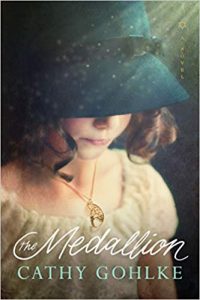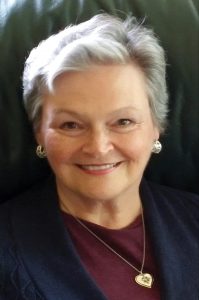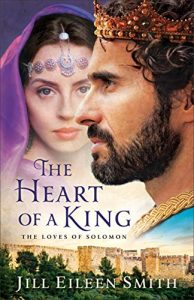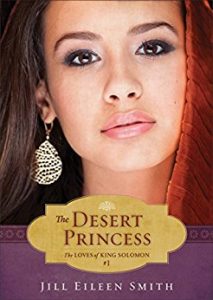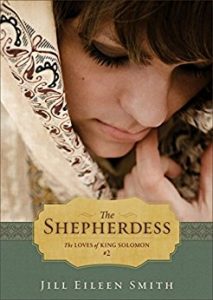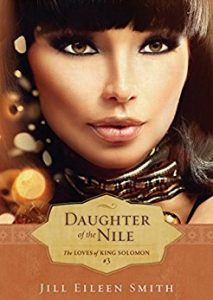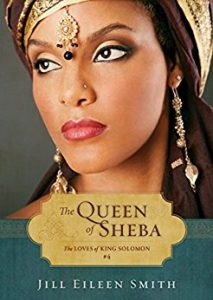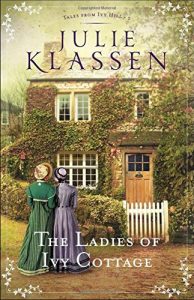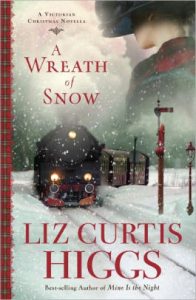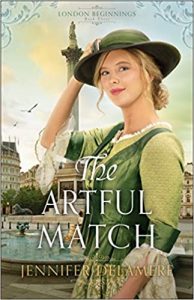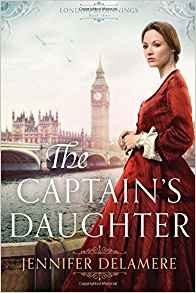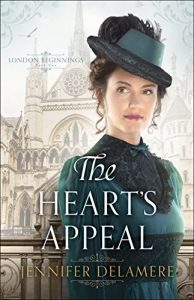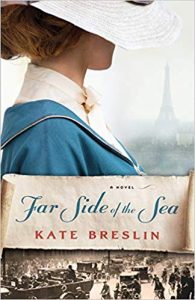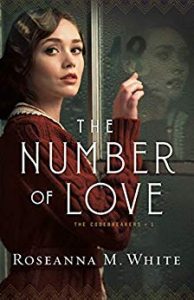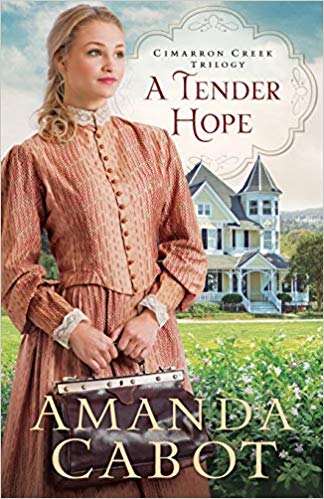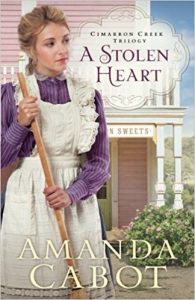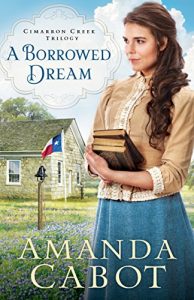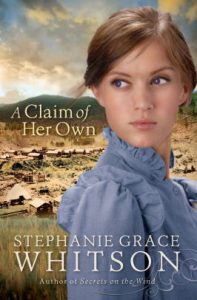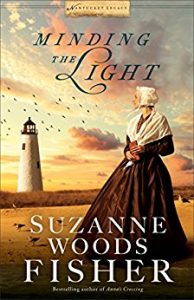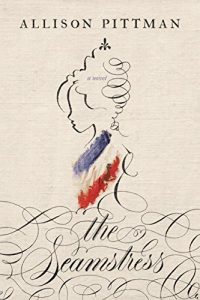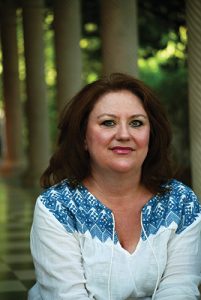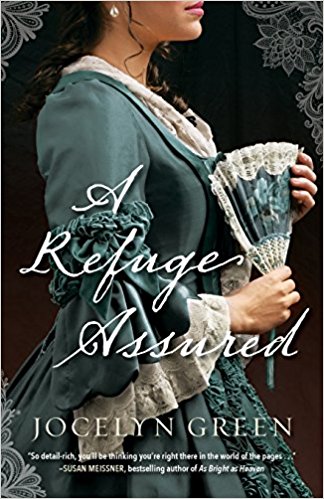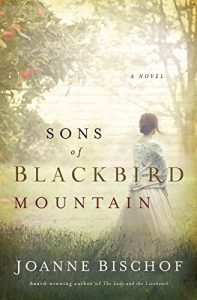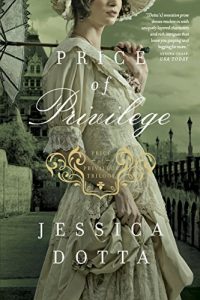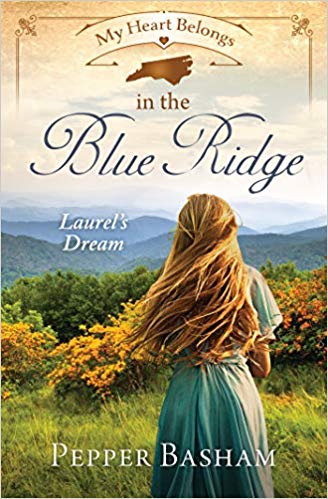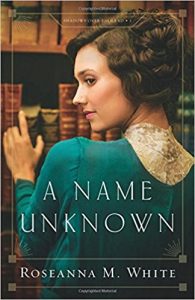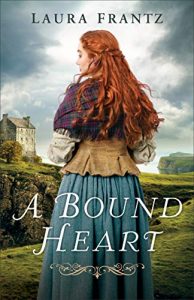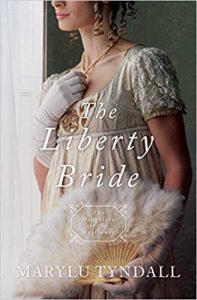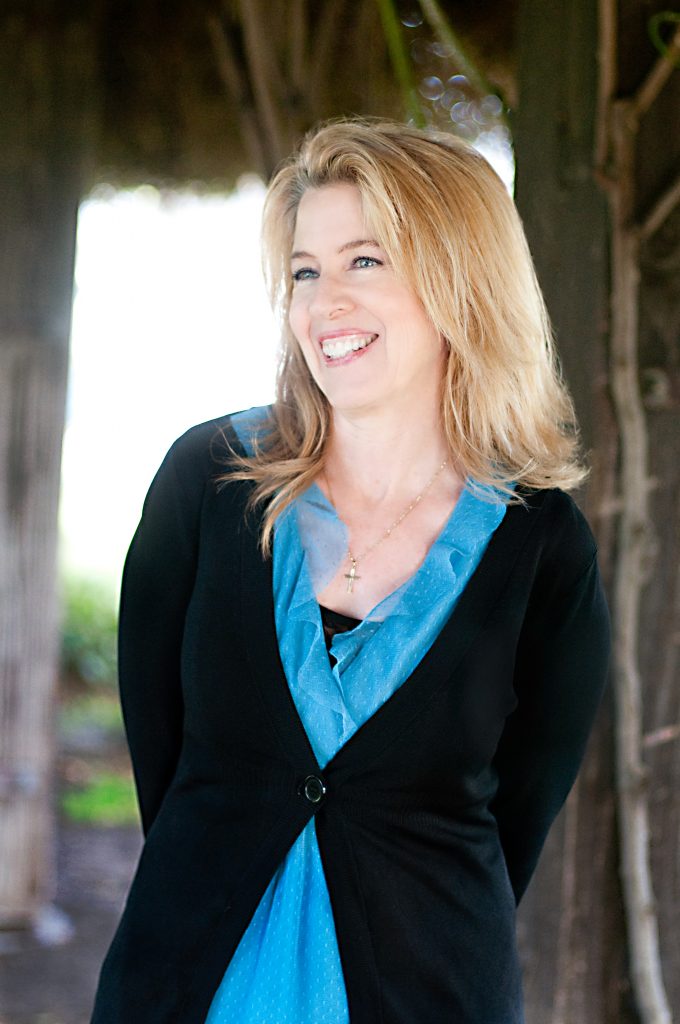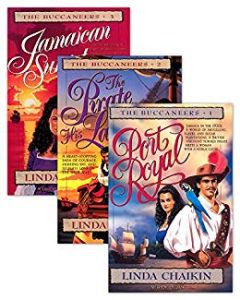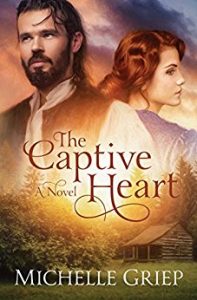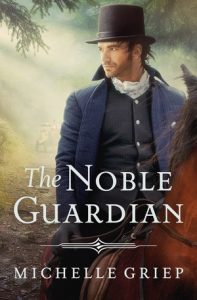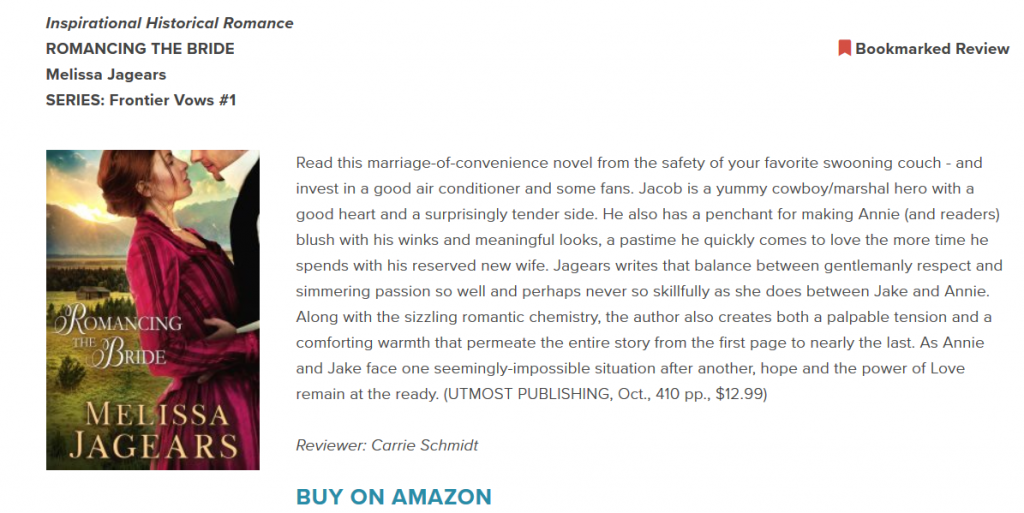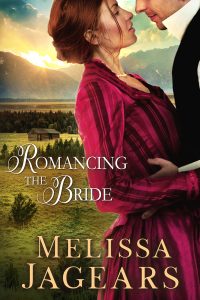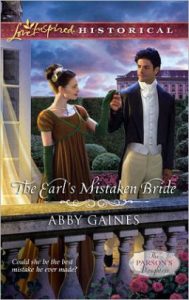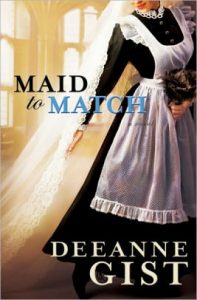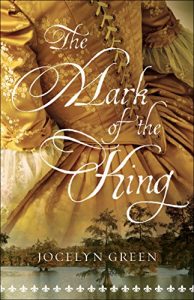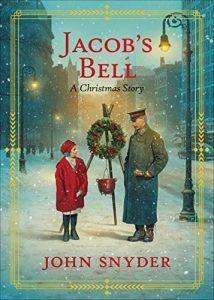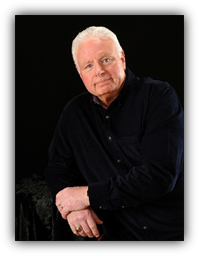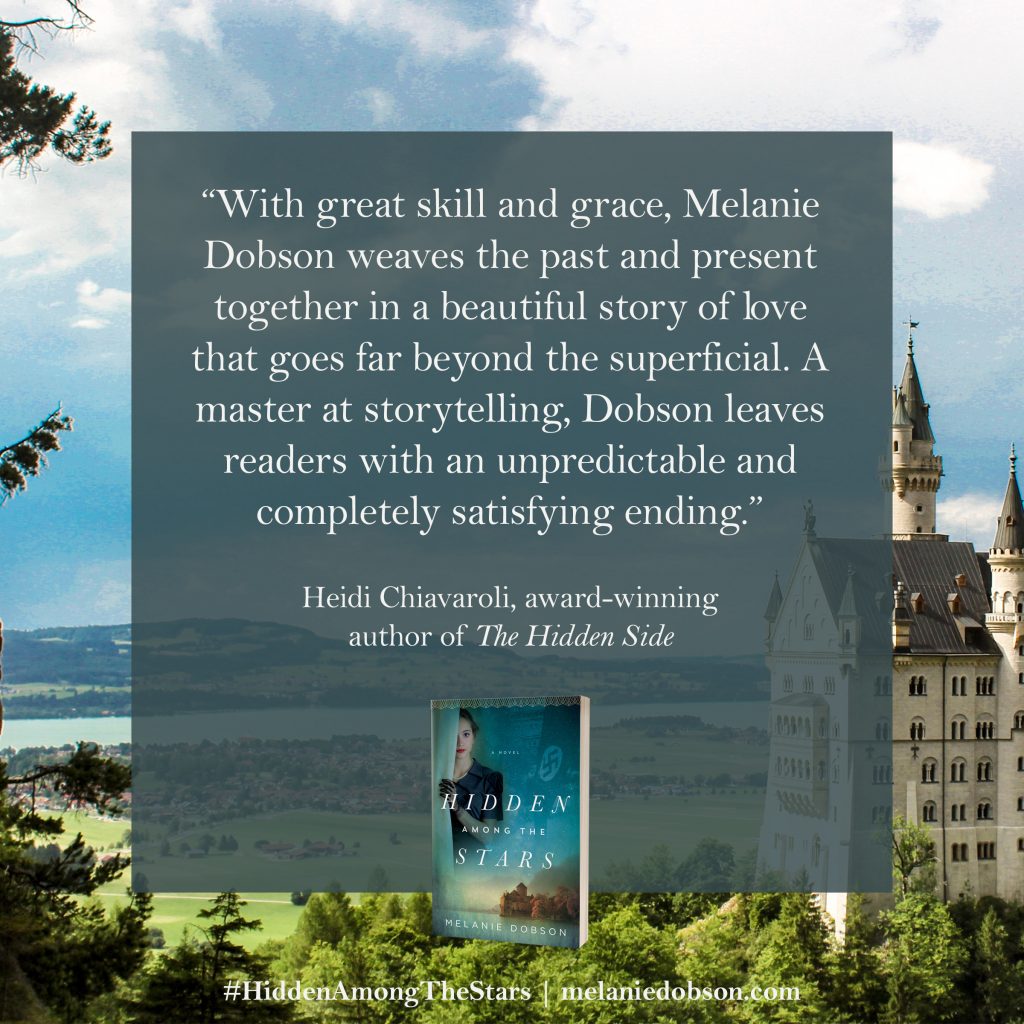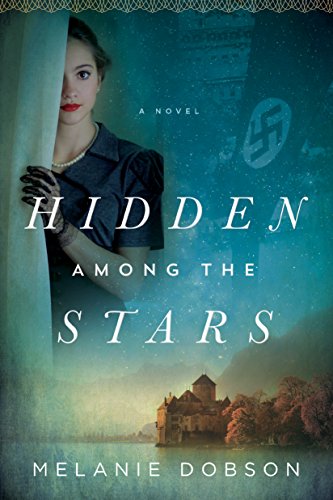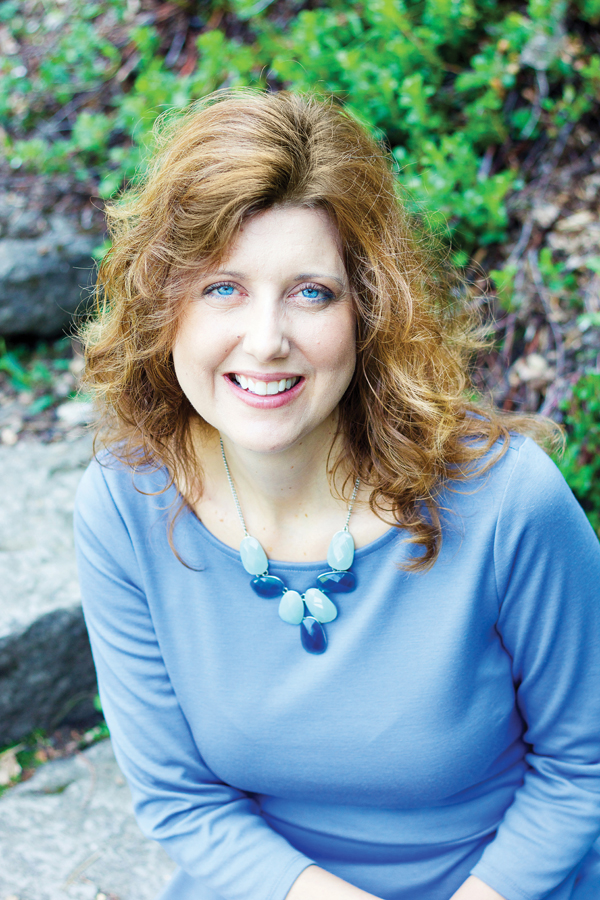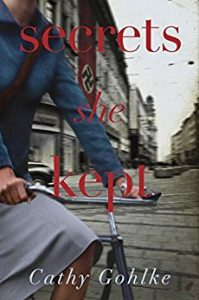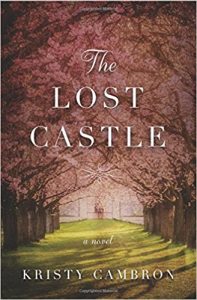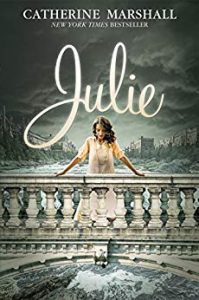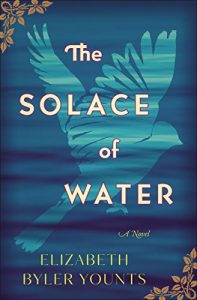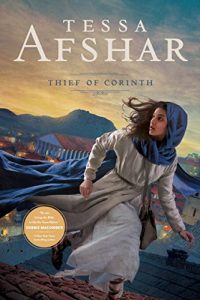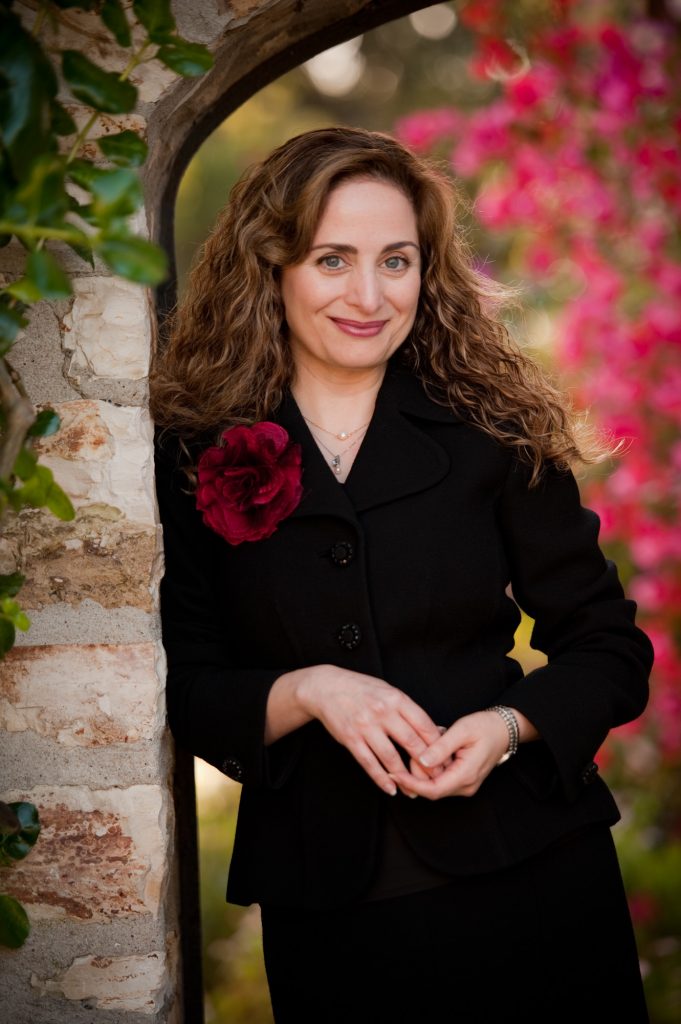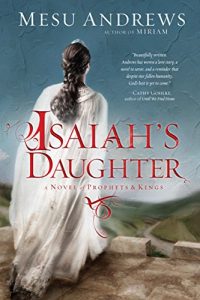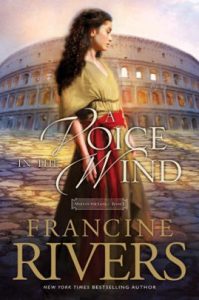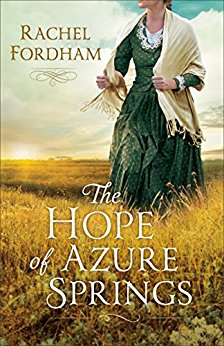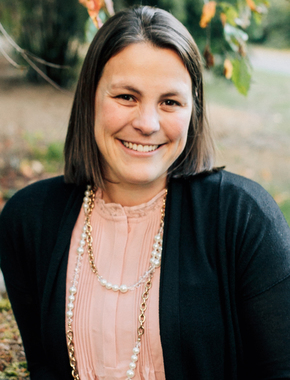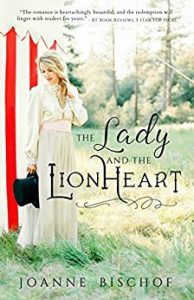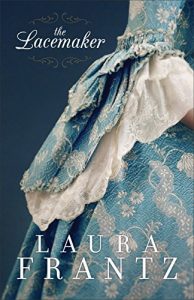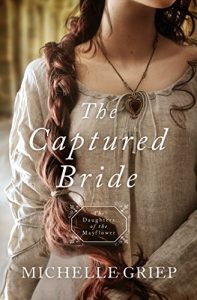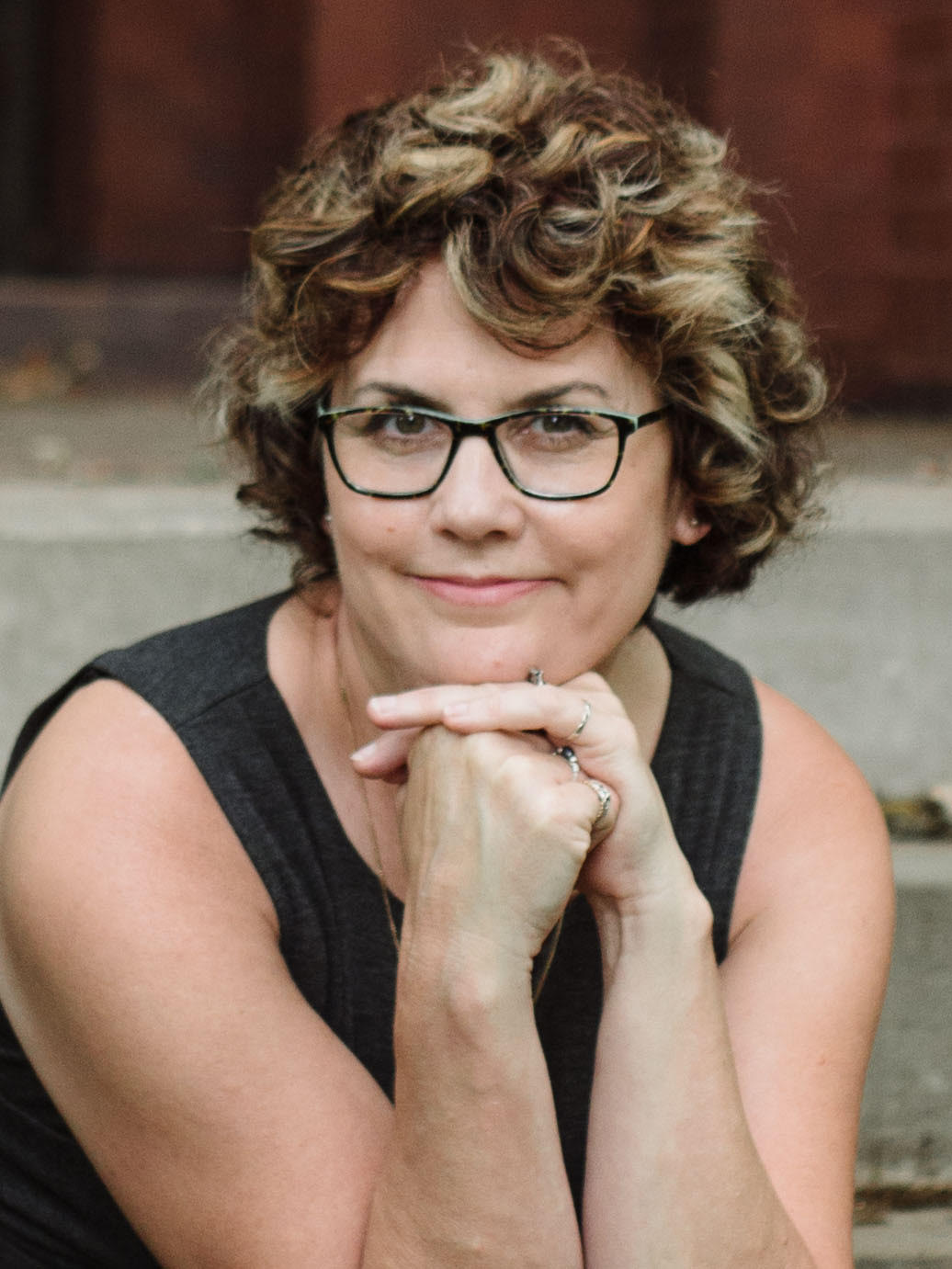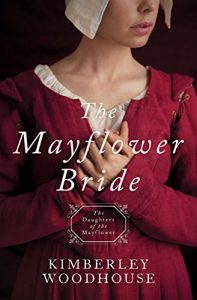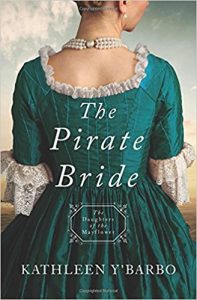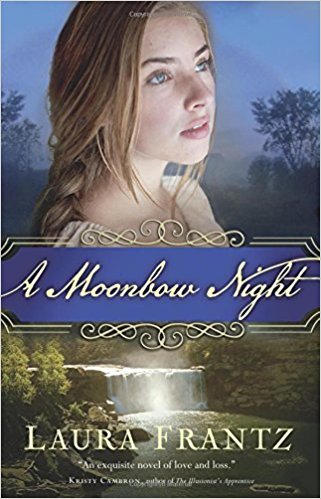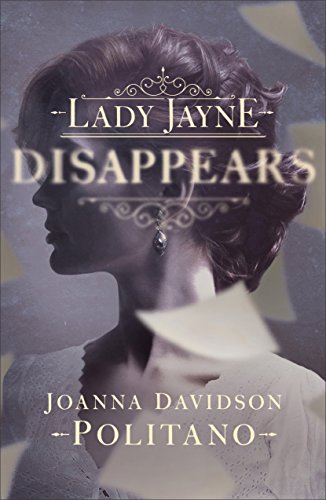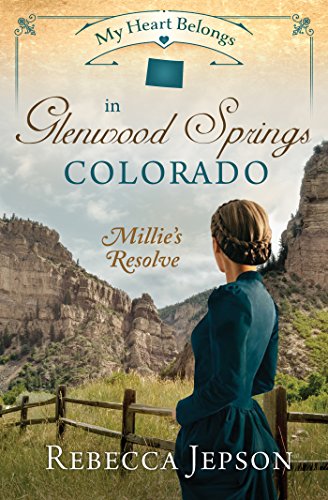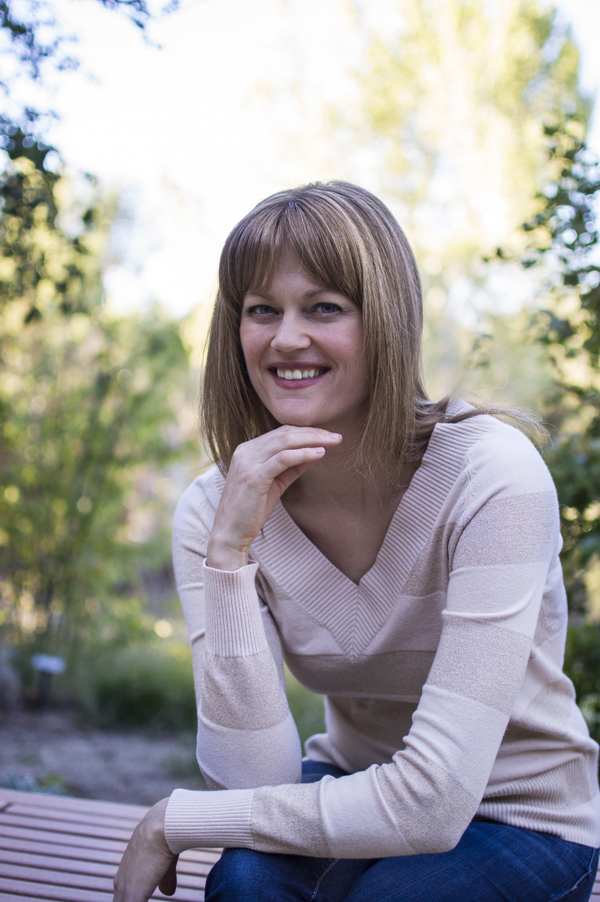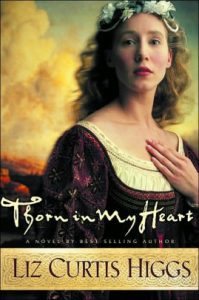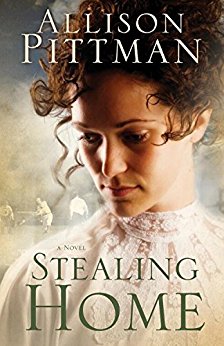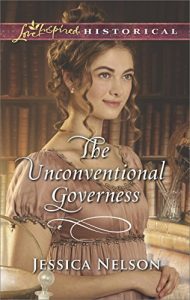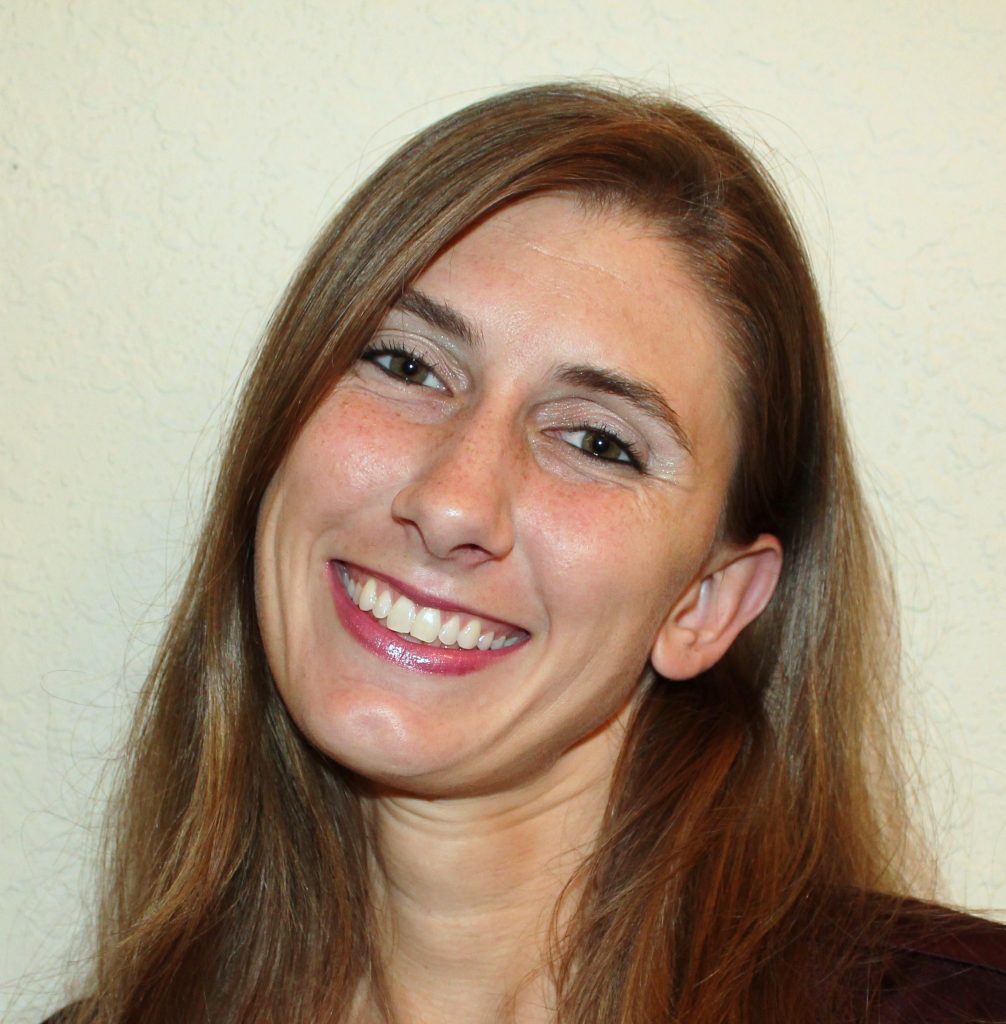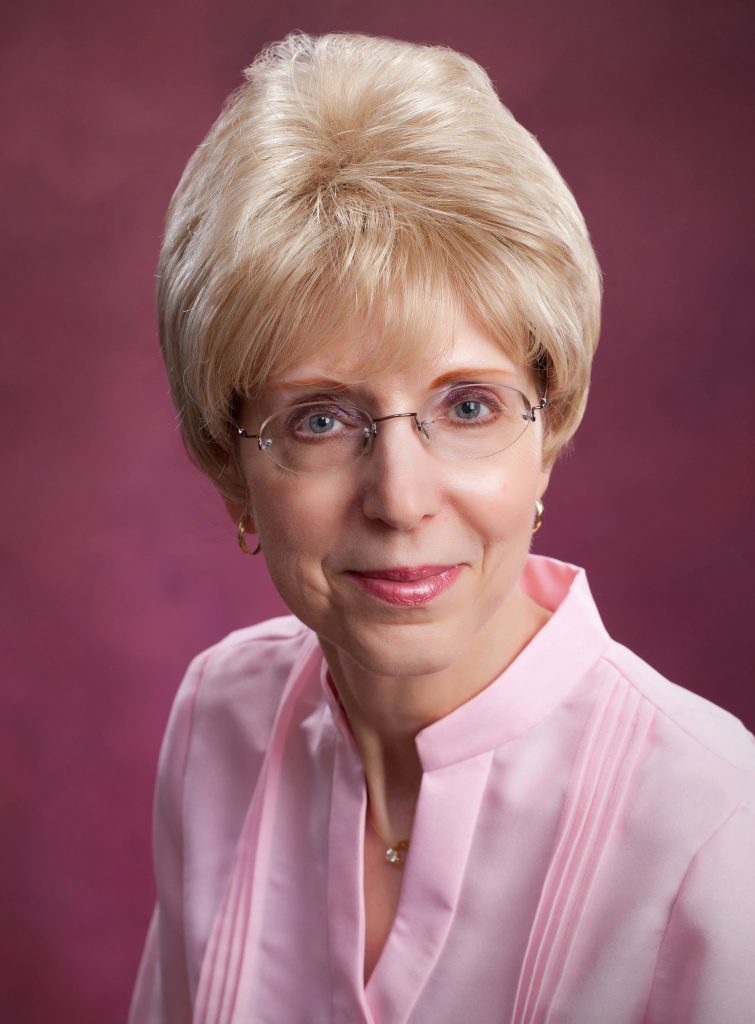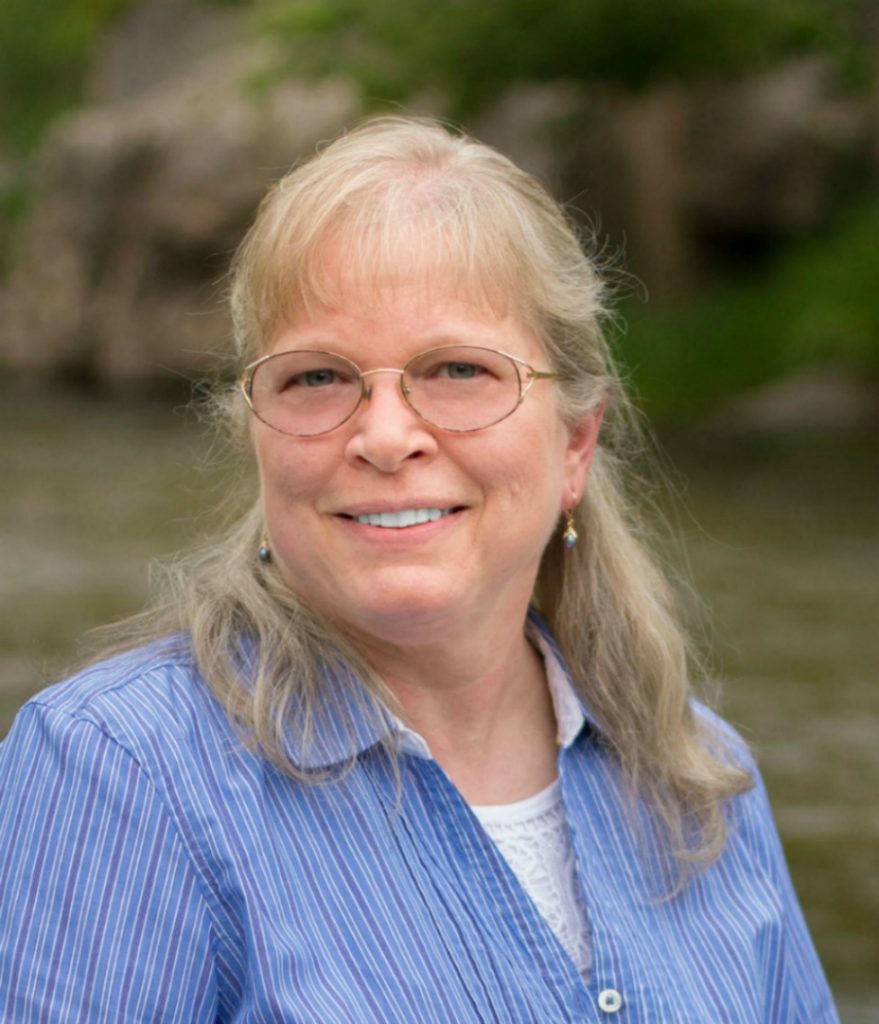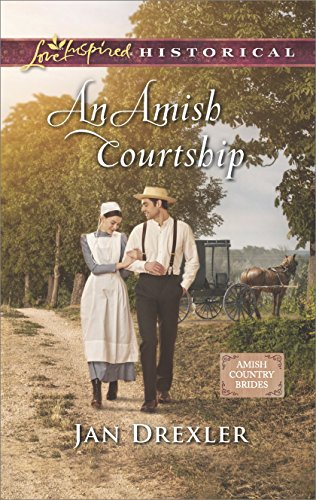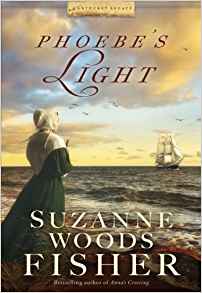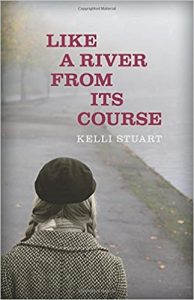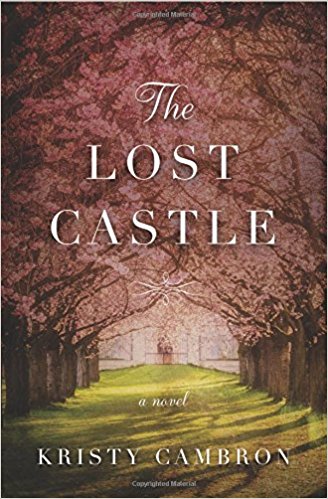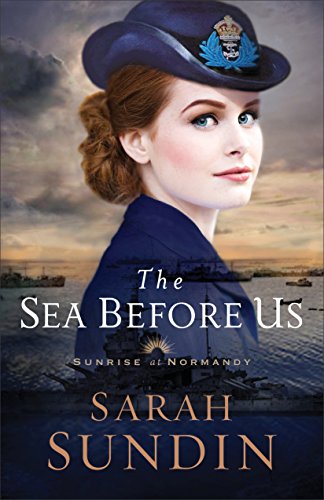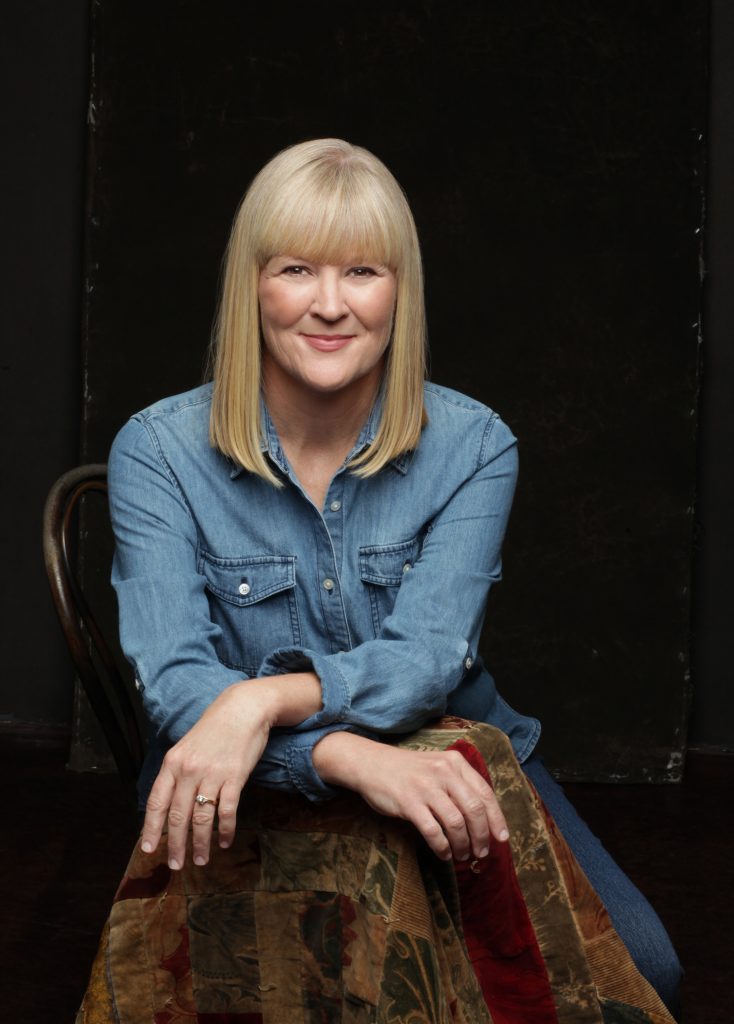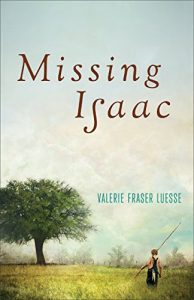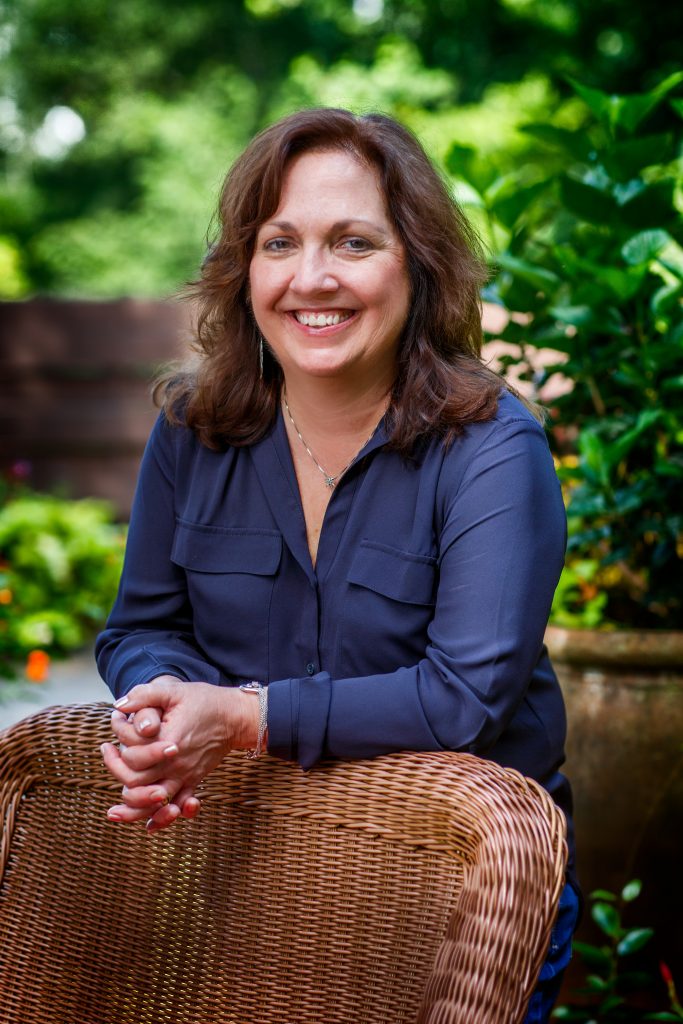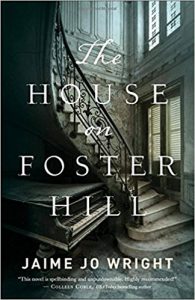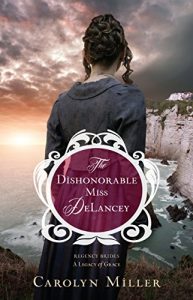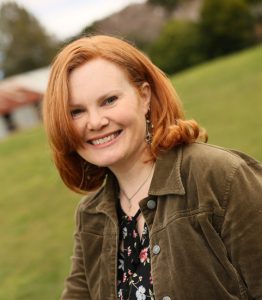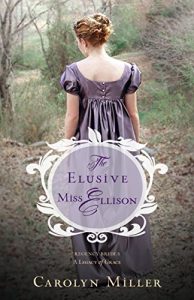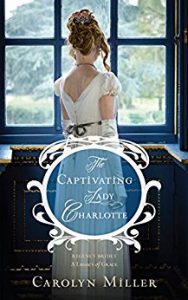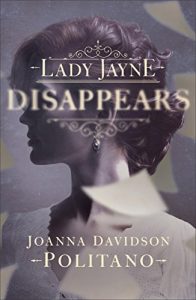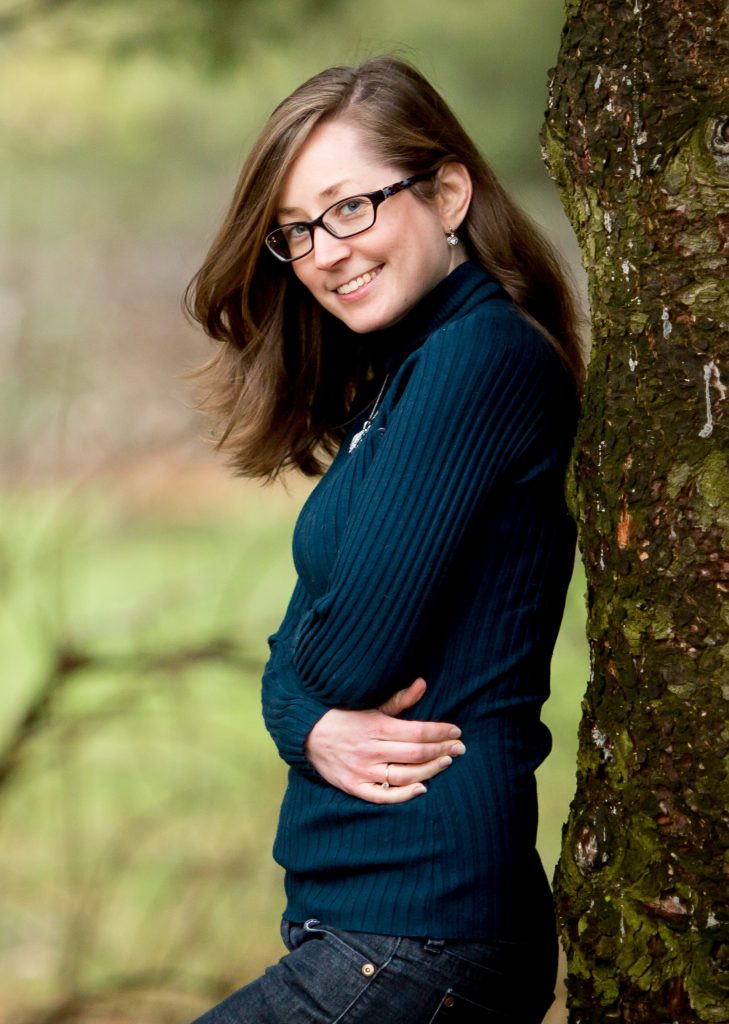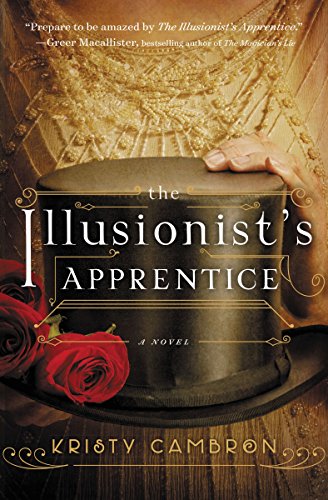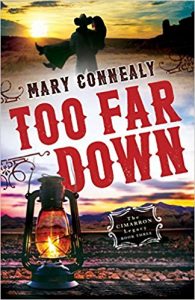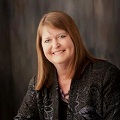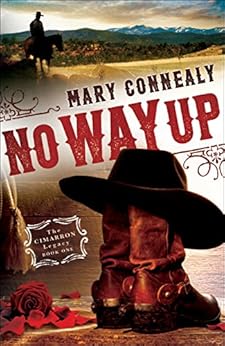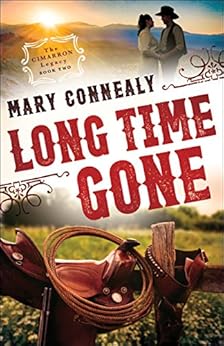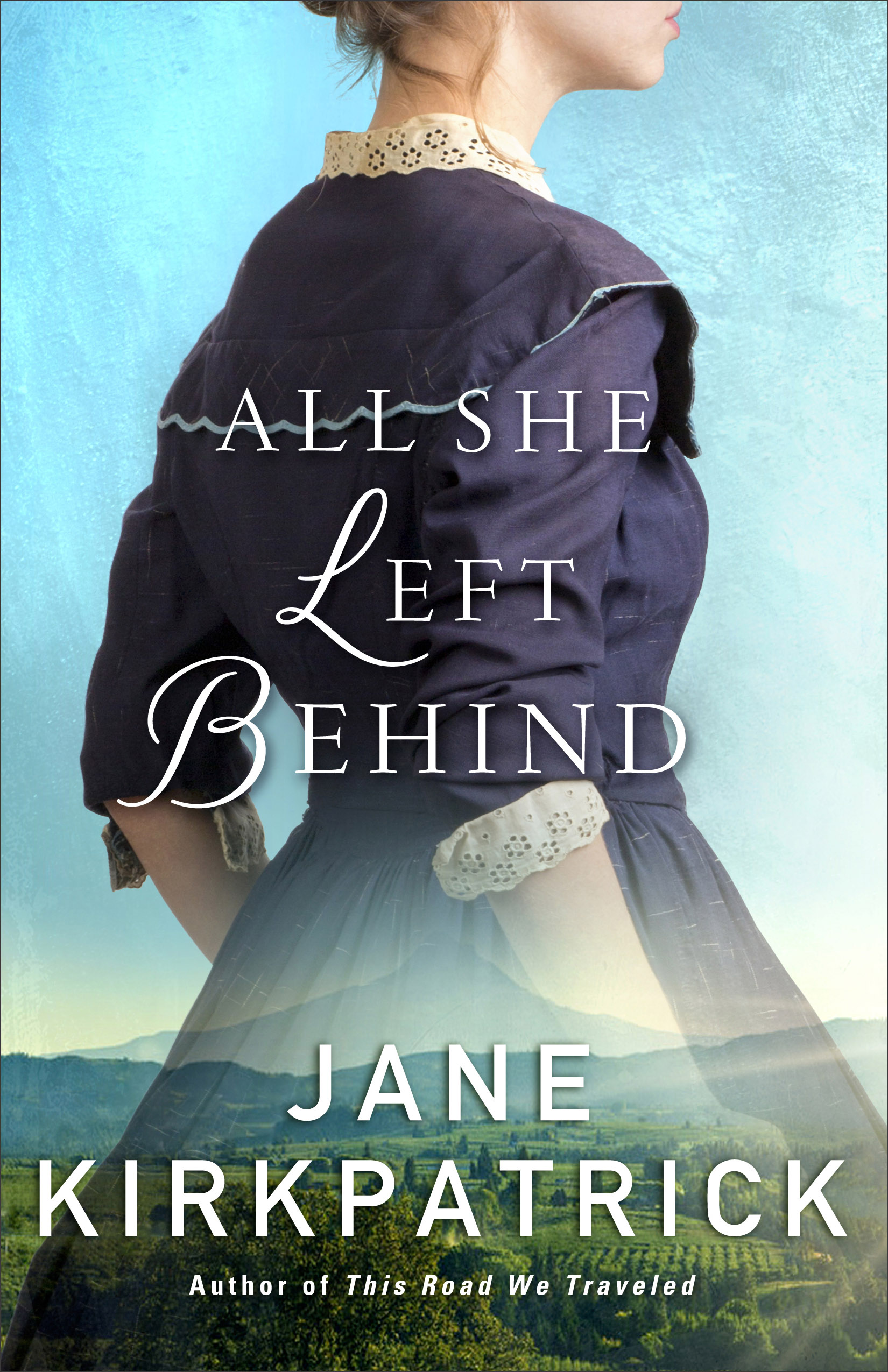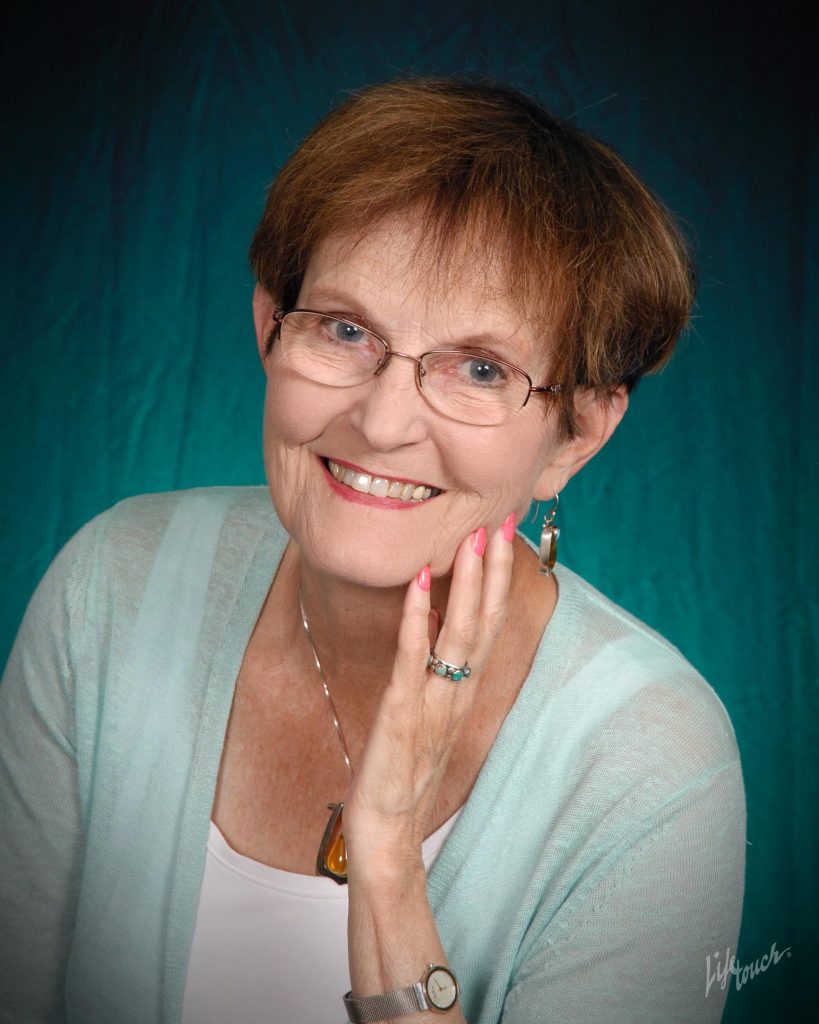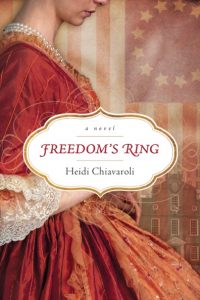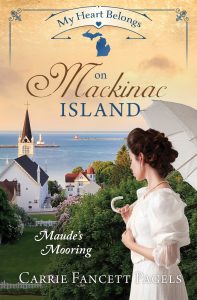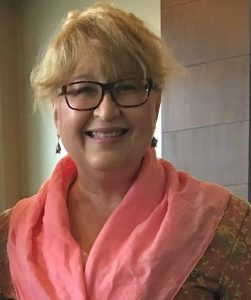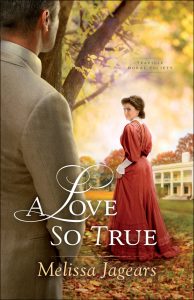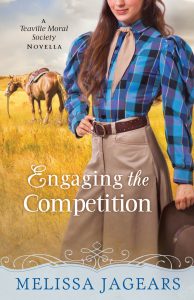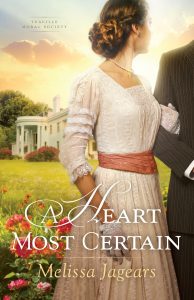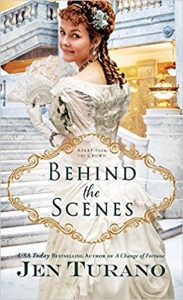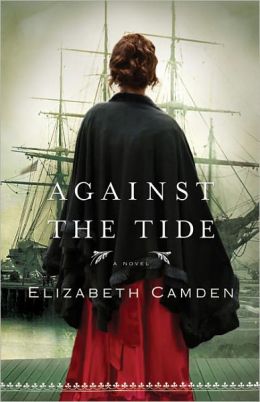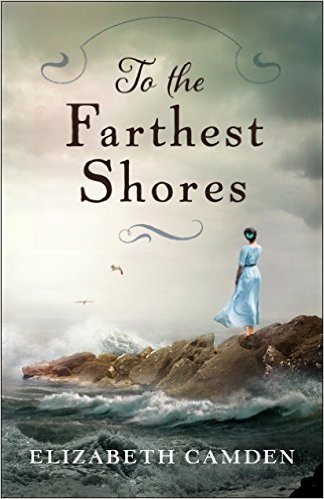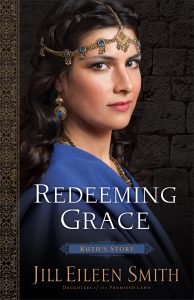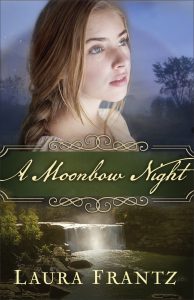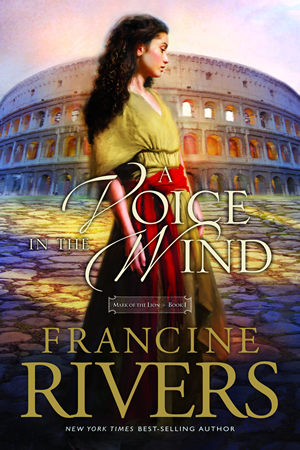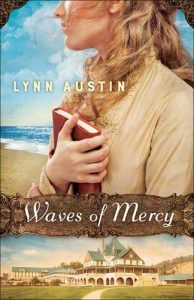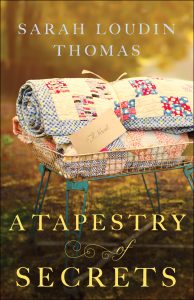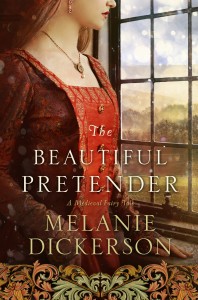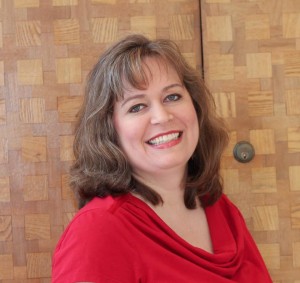If you like stories based on true stories, this one’s for you. A friend of mine read it and said, “This story completely undid me, then stitched me back together with hope.”
|
England, Poland , 1930s , 1900s Foreign, 1939-1945 (US WWII) , World War II , Librarian, Military, Pilot/Flight Attendants/Airport Personnel , Pregnant , Based on Actual Characters or Events , Adoption, Miscarriage/Infertility, Religious Persecution , Gohlke-Cathy |
Seemingly overnight, the German blitzkrieg of Warsaw in 1939 turns its streets to a war zone and shatters the life of each citizen―Polish, Jewish, or otherwise. Sophie Kumiega, a British bride working in the city’s library, awaits news of her husband, Janek, recently deployed with the Polish Air Force. Though Sophie is determined that she and the baby in her womb will stay safe, the days ahead will draw her into the plight of those around her, compelling her to help, whatever the danger. Rosa and Itzhak Dunovich never imagined they would welcome their longed-for first child in the Jewish ghetto, or that they would let anything tear their family apart. But as daily atrocities intensify, Rosa soon faces a terrifying reality: to save their daughter’s life, she must send her into hiding. Her only hope of finding her after the war―if any of them survive―is a medallion she cuts in half and places around her neck. Inspired by true events of Poland’s darkest days and brightest heroes, The Medallion paints a stunning portrait of war and its aftermath, daring us to believe that when all seems lost, God can make a way forward. |
*******************************************************************************************************
Questions about Cathy’s Story
What inspired your story?
The Medallion was inspired by two true stories—the first was the WWII account of Itzhak Dugin and his Jewish family, persecuted in Lithuania. Their heart-wrenching story made world news when the tunnel from which Itzhak escaped the Nazis was discovered using modern technology. The second was the story of Irena Sendler, a Polish Catholic social worker within Żegota (an underground Polish Council to Aid Jews), who developed a network to rescue children. Despite terrible risks, they smuggled 2,500 Jewish children from the Warsaw Ghetto and certain death at the hands of the Nazis, then hid them in Polish homes, convents, churches and hospitals until the end of the war. Approximately 2,000 of those children were found after the war. Theories abound regarding the whereabouts of those missing. I couldn’t help but wonder, and imagine: What became of those 400 to 500 missing children? What became of one?
What did you learn about yourself while writing this book?
Researching Poland and all that happened to its citizens—Jewish and Gentile alike—during Nazi and Russian occupation broke my heart. Conditions and the atrocities perpetrated loomed horrific, creating impossible choices amid life and death situations. There were times I wondered if I could keep researching the details of that history, keep writing a story that grew out of it. But I learned—or learning was reinforced—that I could do hard things, research hard things, write hard things. We’re all made for hard things. Sometimes what the Lord asks of us is not easy, but the journey and the outcome prove so very worthwhile.
Why did you choose the year your book is set?
Germany’s September 1939 bombing of Warsaw, Poland shocked the city into the startling reality of blitzkrieg and occupation—and set the stage for all that would come in my story.
*******************************************************************************************************
Questions about Cathy’s Reading
|
What Christian Historical Novel did you reread last, and why did you reread it? Christy, by Catherine Marshall. I’m writing a novel that leads up to America’s entry into WWII set in the foothills of the Appalachian Mountains, not far from where I grew up and where my grandfather’s family lived. Rereading Christy, even though it took place in the mountains and was set years before my novel, felt like coming home, back to the roots of my ancestors. It connected me with people my older characters might have known in their childhood and helped me find my sense of place for the story I’m writing. Besides, I simply love Christy. Catherine Marshall created characters that live in my memory as real people. What Christian Historical Novel taught you something about the craft of writing because it was so well done? And tell us a bit about what it taught you. I’ve learned from many Christian historical novels, but especially from Christy. Catherine Marshall brought extraordinary detail to her setting and to the personal and cultural challenges her characters faced. She infused flesh and blood into multi-dimensional characters set in a unique time and place, then brought her heroine, a young and naïve girl, into a world she could barely comprehend but was determined to navigate and join. Through Christy, Catherine wove heartache, faith challenges, romance, and ultimate but realistic victory into one beautiful novel. When I grow up I want to write like that. |
|
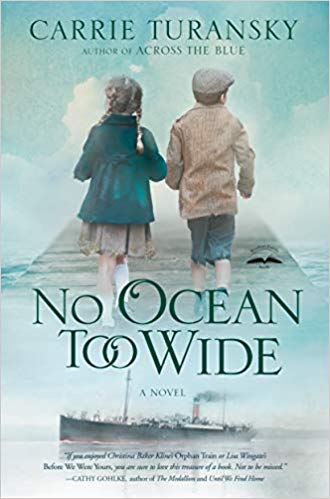 |
Which was the last Christian Historical Novel you read, and what was your favorite thing about it? I read Carrie Turansky’s No Ocean Too Wide for endorsement. It’s a beautifully written book about the plight of British Home Children sent to Canada, with or without their parents’ permission. Carrie’s treatment of the topic rang authentic, her characters sprang to life on the page and her historical settings were vibrant. It’s truly a heart tugging book and so well done. |
Cahty is giving away a hardback book (USA Only). Enter the Rafflecopter below!
**If you don’t want to enter Rafflecopter, tell me in a comment below: “I’m not entering the rafflecopter, but please throw me in the hat” so I can manually put you in there for a chance.**
